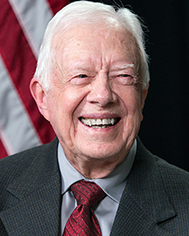According to testimony by a nonpartisan research institute:
“The biggest source of Ohio’s budget problem is not overspending or compenstation for public employees. It is a reduction in revenue.According to a recent poll, the people of Ohio think this is unfair and don’t believe the governor can fix the budget without raising taxes.
…
The tax changes also were weighted to high-income Ohioans. More than 40 percent of the income-tax cuts are going to the five percent of families with income of $135,000 or more a year. Meanwhile, the bottom three-fifths of Ohio families will receive just 13 percent of the total tax cut.
There are other reasons selling off prisons to private prison companies such as CCA is a bad idea.
 Mark Niquette wrote for Bloomberg 29 June 2011,
Kasich Tries to Avoid Arizona’s Mistakes in Ohio Prison Selloff:
Mark Niquette wrote for Bloomberg 29 June 2011,
Kasich Tries to Avoid Arizona’s Mistakes in Ohio Prison Selloff:
Still, Democratic lawmakers, including Representative Matt Lundy of Elyria, question whether Ohio is making a wise move.
“The buyer wins and the taxpayers lose when we sell in the middle of a recession,” Lundy said during press conference last month, calling the move “a yard sale.”
Selling assets for “one-time” money is a mistake, Louisiana Treasurer John Kennedy said. He opposed a plan by Republican Governor Bobby Jindal to sell three prisons to raise $90 million, a proposal the Legislature didn’t approve.
“A junkie can sell his TV or his stereo or his iPod and generate money for his next fix,” Kennedy, also a Republican, said in a telephone interview from Baton Rouge, Louisiana. “But if he’s going to ever get well, he needs to face his addiction.”
An even better quote in that story comes from CCA’s own Steve Owen: Continue reading








